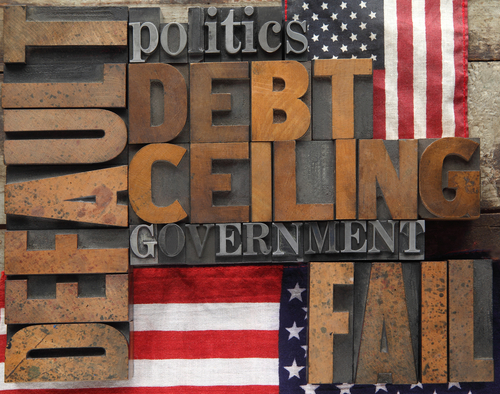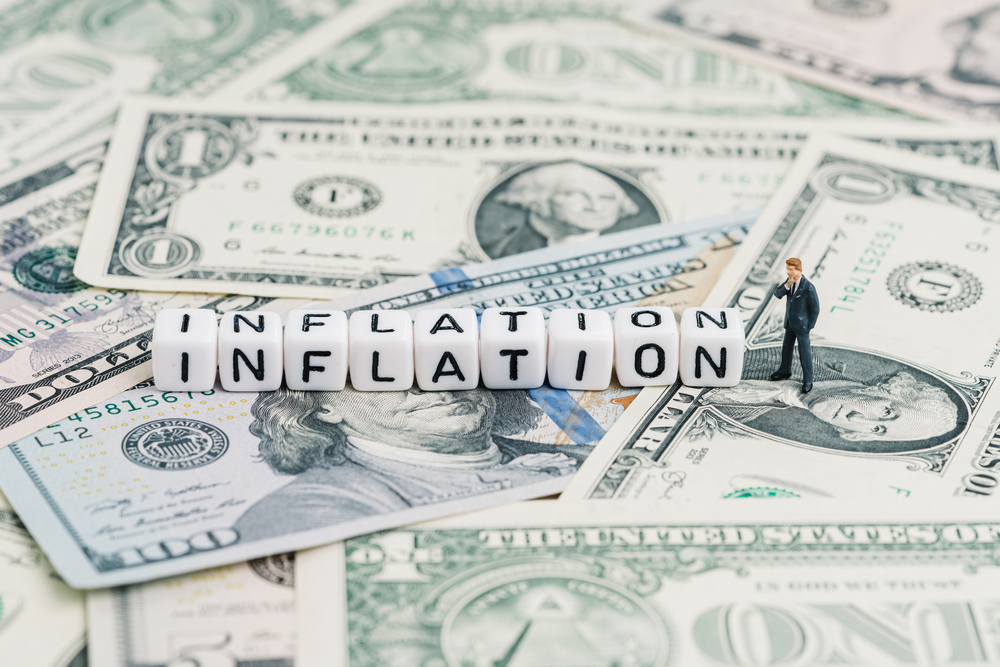Do we really have a debt-ceiling “deal???”
Let us hope Congress will pass the debt-ceiling deal quickly, moving the issue from the side-view mirror to the rear-view mirror, without causing additional market and economic turbulence.
The “deal” (if passed) will extend the current debt-ceiling until January 1, 2025, after the next presidential election.
The bill contains the following:
- Non-defense discretionary spending will stay roughly flat until 2025.
- The prior $80 million earmarked for the IRS will be reduced.
- Some of the unused Covid money will be clawed back.
- The work requirement becomes stricter for low-income Americans to receive food and healthcare programs.
- New rules that will make it easier for energy projects, including fossil-fuel related to become approved.
The challenge to approval will be from the far right and the far left, who have already spoken out suggesting a no vote. The bill will not reduce actual spending however reduce the growth rate of spending until 2025.

My desire for passing the increase is for stability of the markets, as we have plenty to contend with. I am not suggesting I believe the bill is either favorable or unfavorable. We do, however, have a long way to go to get our financial “house” in order, regardless of what is in the bill.
Interest Rates and Inflation
This Friday we will hear the jobs report from April. Estimates are we created 188K jobs. Any number significantly higher, will add the idea for the Fed to increase rates again in June.
The odds of an additional rate hike have increased over the last two weeks, with bond yields moving higher. The 10-year US Treasury finished last week with a yield 3.82%, up from 3.45% at the end of April. The 10-year now stands at the same place it started at this year. Why? Inflation has remained more persistent than the Federal Reserve estimated. The debt ceiling issue has also contributed to rates moving higher.
Will the Fed be successful in bringing down inflation to 2%, and keeping it there?? Or will they need to rethink their inflation expectations?

In my opinion, 2% will require the economy to slow significantly. I always say, be careful what you wish for!!
The Markets
Should you simply pile all your money into technology stocks? If you had foresight to do so on January 1, you have already had a great year. The Nasdaq so far this year is the leading market index, up approximately 23%. Technology stocks have also lifted the S&P 500 up over 9%.
The equal weighted S&P 500 Index as of last Friday would have your year-to-date return at (.11%).
Bonds have retreated so far in May. The Bloomberg Aggregate bond index is down (2.31%) in May, now only up 1.2% for the year.

The Dow Jones is up a mere .70% for the year.
The lagging sectors so far this year are energy, shredding (8.9%), utilities down (7.7%), and healthcare off (5.8%).
To answer the question above…. I do not believe you should pile all your money in technology stocks. The current situation will not last forever. When will tech stop going higher? When it does!
I’ve been around long enough to recall the last couple of times tech shot high, leaving everything else in the dark. Those times ended with a lot of regret.
Stay diversified and well-allocated based on the specifics of your situation.
If you are in-between review meetings, however, would like to discuss your portfolio, please feel free to reach out to schedule a call!


